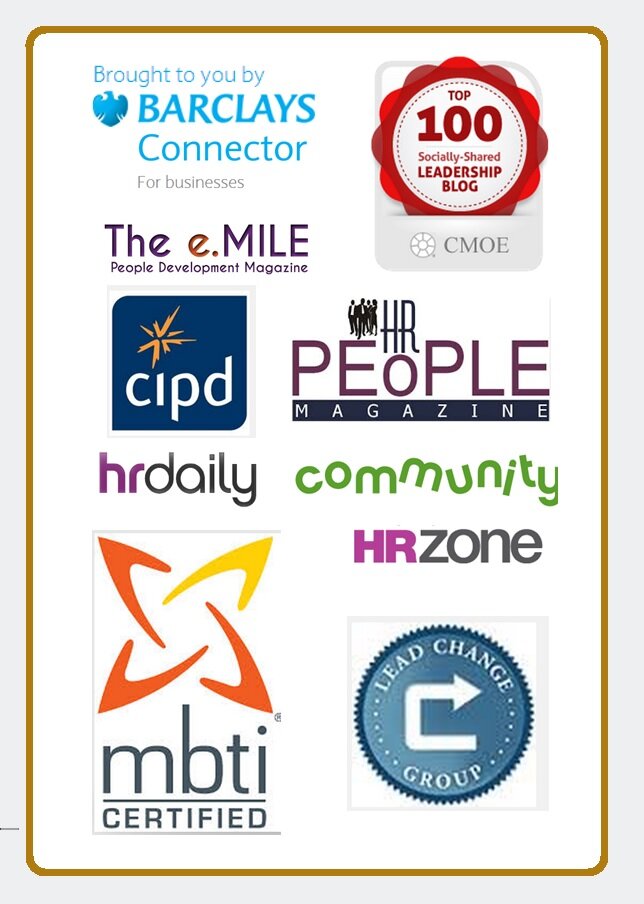 Family Friendly is an employee and business benefit
Family Friendly is an employee and business benefit
If you struggle to get the very best people to come and work for you. If you believe your employees aren’t giving their best, or are stressed because their working life and domestic life don’t work well together. Or if you have a high rate of unexplained absence, then you may wish to consider reviewing your family friendly offer.
If you want to attract and retain top talent now and in the future; to remain competitive in the talent marketplace you must consider a family friendly culture as a business benefit as well as an employee benefit.
The main reason why businesses don’t introduce a family friendly environment are three fold, they don’t know how; are afraid that it will detract from and impact negatively on achieving their outputs or results or don’t realise it’s important.
Enlightened organisations create a family friendly culture which fits their business model. Being family friendly is the way forward and you will find the best talent (who know they can pick and choose) will opt to work for businesses where they can operate in a way which fits their own personal circumstances. My guess is you will find that this is the new contractual norm for talented people.
So what do I mean by family friendly? There are a number of factors involved in creating a family friendly environment. In short a combination of customs, practices and policies you can adopt to help your employee enjoy and attend to their home life as well as their work life.
Family friendly practices and policies can include:
- Flexible working – including flexible hours, flexible location and flexible roles.
- Time out – aimed at helping people care for dependants in the short and long term.
- Work breaks – including career breaks and sabbaticals
- Employee benefits – discounted childcare, elderly care, access to family health schemes, onsite crèches, after school clubs, holiday clubs.
Many enlightened organisations realise that a family friendly environment is a key factor in their employee attraction and retention strategy, but not many are easily able to articulate and implement family friendly practices effectively.
Effective implementation means not only do employees enjoy a work/life balance allowing them to attend to pressing domestic responsibilities and values, but also harnesses their loyalty, commitment and enthused effort. Implemented well a synergistic effect of boosting motivation, leading to improved productivity, efficiency and profitability will result.
If you have tried to introduce a family friendly culture and are struggling, or you want to get started, here are 5 mistakes that business make, which you must avoid.
Mistake 1 – A vision setting out the factors involved in the family friendly offer is not clearly articulated. The vision does not include what employees can expect, and importantly, omits expected benefits for the business.
Mistake 2 – The organisation doesn’t emphatically state boundaries. A family friendly culture must overall improve and energise the performance of the organisation. There are limits and parameters. If a family friendly culture begins to negatively impact it has overstepped accepted boundaries.
Mistake 3 – Managers only want to offer family friendly policies to best performers. They fear some of the workforce will take advantage and not reciprocate by seeing it as a way to improve their contribution. This leads to managers unconsciously choosing who can and can’t take advantage of family friendly arrangements.
Mistake 4 – Managers do not assess workload impact of individual family friendly ways of working on the employee or on others in the team. Thus adjusting the frame but not changing the internal picture.
Mistake 5 – Organisations don’t adequately train managers to a) understand the “bottom line”, b) harness a win/win result c) review patterns and workloads d) be confident to say no, when it is fairer to do so and objectively justified
So now you know the pitfalls, here are some ways you can both avoid those mistakes and harness the best of both worlds, by getting the best out of your people, whilst improving their work/life balance.
- Articulate accepted boundaries, and use as an acid test before you introduce any measure towards a family friendly culture.
- Be clear about work patterns acceptable to you. If compressed hours really don’t fit in your organisational model, don’t offer them.
- Be clear about parameters of each measure. If time off for domestic emergencies is included in your family friendly package for example, make it clear it is not a default position. Develop a framework to work through setting out alternatives an employee must consider. If a situation develops which isn’t a one off; you and the employee need to agree an approach to deal with this.
- Be imaginative about the extent of your work patterns and location framework. Would extending to evening hours not only give employees some well needed flexible working solutions, but also benefit your customers? Can employees work from home remotely, and could such a way of working ultimately cut accommodation overheads?
- Be very clear your family friendly culture is a win/win offer. You want to help employees with domestic responsibilities so they can be at their best at work, and give you maximum performance.
- Manage expectations of all employees. Resentment can quite often fester when some of your workforce believe they are not included. Manage perceptions; I once had someone tell me they thought my family friendly approach excluded them because they didn’t have children, or any dependants. That was until she had to take time off because her dog needed a lifesaving operation.
If you are already going down the family friendly route, or intend to, then congratulations. If devised and implemented thoughtfully through consultation with your strategists and your people, then it will be successful. By being clear about your bottom line, you will gain the commitment, loyalty and best performance from your people and have people queuing up to work for you.
This great article is from the our 6 months themed series based on the Centre for Creative Leaderships Report of 2013, in which they identified the 6 top challenges for leaders across the globe: Don't Miss Out! Sign up here to be notified of subsequent issues and posts

If you are a leader, you are continually developing and "Sharpening the Saw". If you lead and manage teams, then you must read about our Inspirational New Leadership Programme. Sign up now to find out more details when we launch in July 2014. There is no obligation to undertake the programme, if you sign up today, you will simply be sent more information about the programme. You can unsubscribe at any time! Click below to register for further information.

 Do Followers know what their leaders want?
Do Followers know what their leaders want?



 [message type="custom" width="100%" start_color="#FFFCB5" end_color="#F4CBCB" border="#BBBBBB" color="#333333"]After a 16 year career working in corporate communication for a range of public and private sector companies, Claire redesigned her life and became a freelance writer, craftsperson and reiki practitioner. As well as providing communications advice to a number of organisations she has also begun to write creatively and is currently studying scriptwriting with the Open University. To find out more, please visit her website: www.clairemarriott.com[/message]
[message type="custom" width="100%" start_color="#FFFCB5" end_color="#F4CBCB" border="#BBBBBB" color="#333333"]After a 16 year career working in corporate communication for a range of public and private sector companies, Claire redesigned her life and became a freelance writer, craftsperson and reiki practitioner. As well as providing communications advice to a number of organisations she has also begun to write creatively and is currently studying scriptwriting with the Open University. To find out more, please visit her website: www.clairemarriott.com[/message] 

